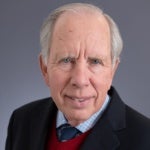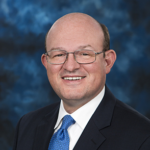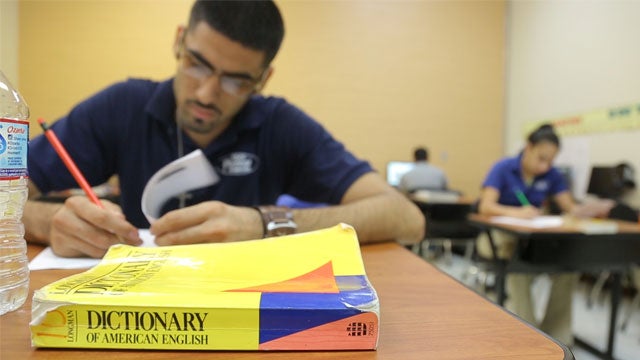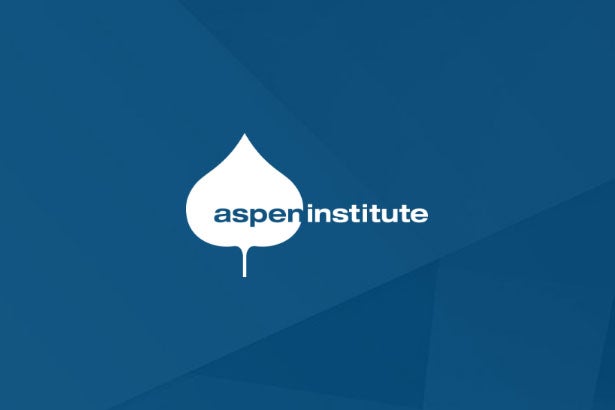Gaining by Degrees: Increasing Rural Education, Career and Community Success
Watch the event:
Gaining by Degrees
Download the in-room handouts:
rootEd Alliance Factsheet_October 2019
March 11 ARO Powerpoint Presentation
Today, 80% of the jobs that pay middle class wages require some post-secondary education and training. Yet, even though a larger percentage of rural youth graduate from high school than their urban counterparts, a smaller percentage enroll in college and gain degrees. This hampers the future prosperity of rural residents and their families – and of the businesses where they work and the communities where they live. Closing this gap requires understanding what deters rural students from pursuing post-secondary degrees and certifications. It also demands targeted strategies to address those factors, and to link postsecondary education to rural economic development.
Hear how several rural action innovators are doing just that – with success that is spreading from school to school, state to state, and now up to the halls of Congress. One secret-sauce ingredient is embedding counselors in rural high schools with two main purposes: First, help rural students see college as a realistic option, and then, help students conquer the college application and financial aid process so they can pursue their college dreams. In turn, colleges are employing new strategies to help support and retain rural students – and are connecting with local businesses to match coursework with local workforce development needs.
Our Wednesday March 11th America’s Rural Opportunity session showcased inventive solutions for increasing rural postsecondary attainment, and how that can translate to wider career and community success for rural areas.
The Panelists
 Robert G. Templin, Jr. Senior Fellow, Aspen Institute College Excellence Program.
Robert G. Templin, Jr. Senior Fellow, Aspen Institute College Excellence Program.
Bob is committed to cultivating a new generation of college leaders who achieve extraordinary outcomes for students while also leveraging the college’s role to strengthen and sustain their communities. Starting out as a community college graduate, he has now taught in and led both small rural community colleges and one of the largest in the nation – Northern Virginia Community College (NOVA). As NOVA president from 2002 to 2015, Dr. Templin led an alliance of business, education, healthcare, technology, and community leaders in creating a comprehensive strategy to double the region’s output of registered nurses and allied health professionals.

Janet Ayers. President, The Ayers Foundation.
Janet leads this ground-breaking operating foundation dedicated to improving quality of life for the people of Tennessee by positively affecting the fields of education, conservation and social welfare. As the flagship program of the Foundation, the Ayers Scholars Program offers comprehensive services in ten high schools and two community colleges in rural Tennessee and Missouri. Since its inception in 1999, the program has dramatically increased college-going rates and degree completion, providing every student in participating rural high schools the opportunity to develop an individualized higher education plan with a professional college access counselor so they are prepared to be college eligible, successful, and work-force ready.
 Brianna Morton. College Access Counselor, Riverside High School.
Brianna Morton. College Access Counselor, Riverside High School.
As she was growing up in Iron City, Tennessee, the local newspaper asked Brianna why it was important to go to college. Her answer was “to learn how to help people.” And so, since 2011, Brianna Morton has helped as a college access counselor with the Ayers Scholars Program in Decatur County Riverside High School in Decaturville, Tennessee. Brianna joined the Scholars Program staff after working earlier as a mental health and substance abuse counselor and a clinical supervisor. She is a first-generation college graduate, with an undergraduate degree from the University of North Alabama in psychology, and a master’s degree in community counseling.
 Michelle Bailey. Advisor, Panther Valley High School.
Michelle Bailey. Advisor, Panther Valley High School.
Michelle grew up in rural Pennsylvania and was college-bound but had no idea how to apply until the College Advising Corps placed a recent college graduate in her high school to advise students on the possibility of going to college and the steps to applying. Now a graduate of Franklin & Marshall College, Michelle joined the same College Advising Corps as the first college advisor for Panther Valley High and is now in her second year of building a college-going culture and advising high school students in Lansford, a former coal town in northeast Pennsylvania.
 Hal Higdon. Chancellor, Ozarks Technical Community College System. President, OTC Springfield Campus.
Hal Higdon. Chancellor, Ozarks Technical Community College System. President, OTC Springfield Campus.
Hal oversees the strategic direction of the OTC system and works to strengthen its resources and funding. Prior to OTC, Hal served in administration with Mississippi Gulf Coast Community College, and in human resources and workforce training at Alabama’s Faulkner State Community College. He also spent several years in private business. Hal has served as vice-chairman of economic development for the Springfield Area Chamber of Commerce Board of Directors, and chair of the Presidents and Chancellors Council of the Missouri Community College Association (MCCA), which represents community college interests in the state legislature and professional and governmental agencies.
Our Moderator
 Eric L. Motley. Executive Vice President and Corporate Secretary, Aspen Institute.
Eric L. Motley. Executive Vice President and Corporate Secretary, Aspen Institute.
Eric is responsible for institutional advancement and governance at the Aspen Institute. He previously served as Vice President and Executive Director of National Programs at the Aspen Institute, and as Director of the U.S. Department of State’s Office of International Visitors. In 2003, Eric was appointed as Special Assistant to President George W. Bush for Presidential Personnel, The White House. Eric serves on the board of directors for numerous arts, literature, and other cultural institutions. In 2017, he published a memoir – Madison Park, A Place of Hope – telling his story of growing up in a small Alabama community that was founded in 1880 by a group of freed slaves. Eric earned his bachelor’s degree in Political Science and Philosophy from Samford University. At the University of St. Andrews in Scotland, he earned a Master of Letters in International Relations and a Ph.D. as the John Steven Watson Scholar.
The America’s Rural Opportunities (ARO) series is conceived and organized by the Aspen Institute Community Strategies Group and the Rural Development Innovation Group. This Gaining by Degrees ARO was developed in collaboration with the Aspen Institute College Excellence Program and with generous support from and partnership with rootEd Alliance.


